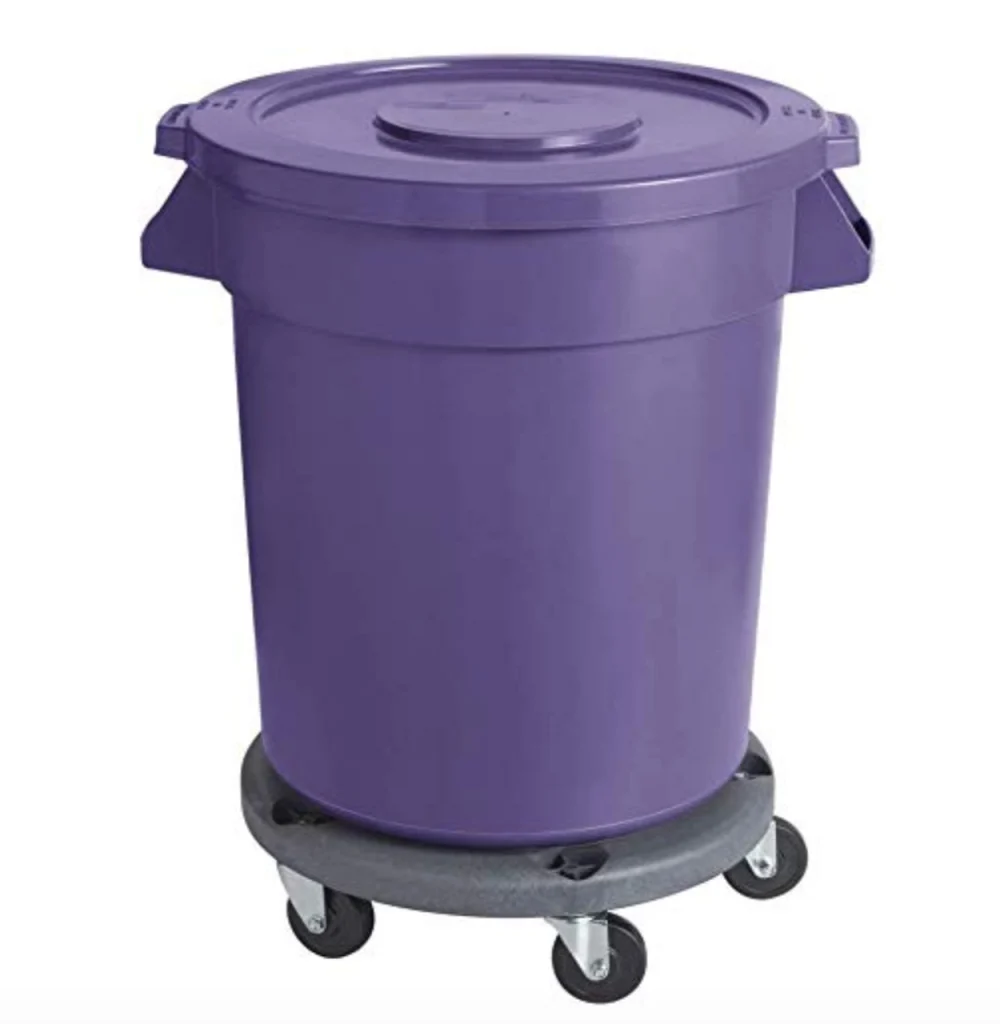In industrial settings, the choice of commercial trash cans is crucial for managing both hazardous and non-hazardous waste efficiently and safely. These environments often generate a diverse range of waste materials, from common office trash to potentially dangerous substances requiring specialized handling. For non-hazardous waste, such as paper, food scraps, and packaging materials, selecting robust and easy-to-clean trash cans is essential. These bins should be durable enough to withstand the rigors of industrial use, including frequent emptying and occasional heavy loads. Many industrial facilities opt for large-capacity trash cans made from heavy-duty plastics or metal alloys, as these materials offer longevity and resilience to wear and tear. In contrast, hazardous waste necessitates stricter containment measures to ensure safety and compliance with regulatory standards. Hazardous waste can encompass chemical, biological, or even radioactive materials, all of which require specialized handling and disposal methods. For this reason, industrial facilities often utilize specially designed hazardous waste containers that are leak-proof, corrosion-resistant, and clearly labeled to prevent accidental exposure or environmental contamination.

Managing both types of waste effectively also involves implementing appropriate waste segregation strategies. Separating hazardous and non-hazardous waste at the source helps streamline disposal processes and minimizes the risk of cross-contamination. This approach not only enhances safety but also facilitates recycling efforts by ensuring that recyclable materials are diverted from general waste streams. Furthermore, the placement and accessibility of trash cans in industrial settings play a significant role in waste management efficiency. Strategic placement of bins near high-traffic areas and production zones encourages proper disposal practices among employees, reducing littering and promoting a cleaner working environment. Additionally, using color-coded bins or clear signage can help distinguish between different types of waste, making it easier for workers to adhere to waste disposal protocols.
When selecting commercial trash cans for industrial settings, durability, capacity, and compliance with safety standards are paramount considerations. Investing in high-quality trash cans that meet industry-specific requirements not only improves waste management efficiency but also contributes to overall workplace safety and regulatory compliance. Regular maintenance and inspection of trash cans are also essential to ensure continued functionality and prevent issues such as odors, pests, or leaks that could compromise workplace hygiene and safety. In conclusion, choosing the right commercial trash cans for industrial settings involves careful consideration of the types of waste generated, regulatory requirements, and operational needs. By selecting bins that are durable, properly labeled, and strategically located, industrial facilities can effectively manage both hazardous and non-hazardous waste streams while promoting a cleaner and safer work environment for all employees.